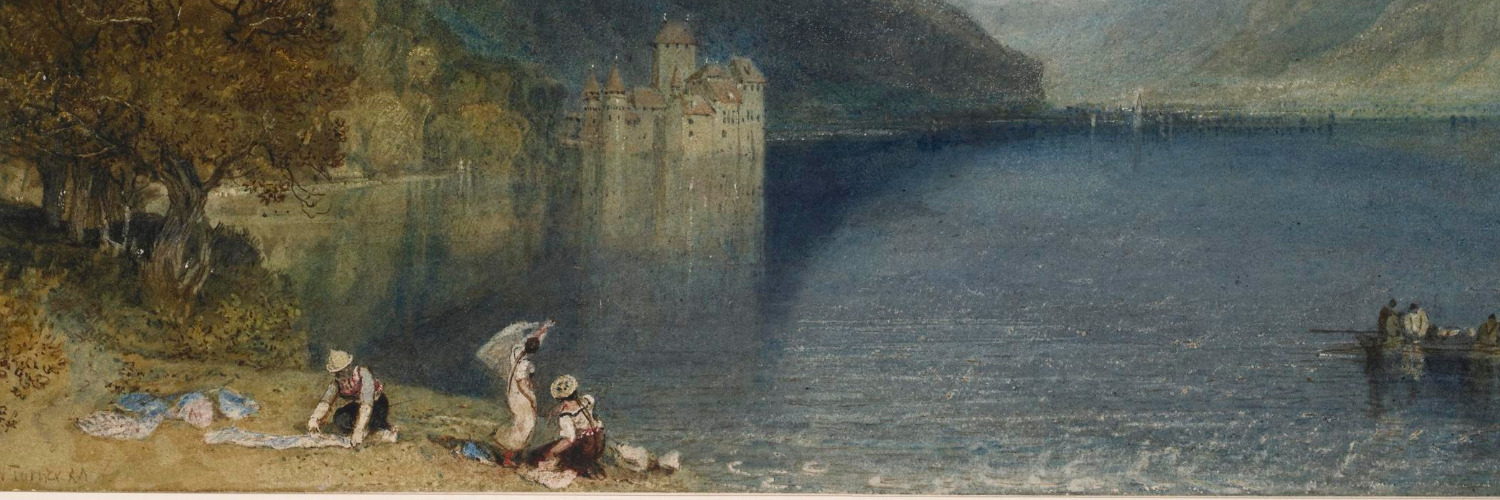AM: [Sighing and rubbing her hands together]. Work to be done: editions, biographies, single author studies of women writers certainly.
But a lot more work to be done in Romanticism particularly around religion. Because one of the things I’ve come recently to appreciate is how strongly different religious alliances impacted on women writers, more so than on male writers. Again, it is a sense of being involved in a community. But if you start out in the Unitarian community, as Anna Barbauld, Lucy Aikin, and Amelia Opie did, you end up in a very different place than when you start out say in Scotch Presbyterianism, which had an enormous impact—and we haven’t really understood this—on Joanna Baillie, on Elizabeth Hamilton, Susan Ferrier, partially because Scotch Presbyterianism was quite egalitarian. There were female presbyters in the eighteenth century. A very different sort of way of modeling human relationships and sex relationships comes out of the Church of England, [which is] a much more hierarchical and oppressive model to follow. So we need to think through that—and missionary work in relation to religion. So that is a big area that I think people will spend more time on in the future.
Science. Women and Science. Women’s active engagement and knowledge of science. The way scientific metaphors impact on all of Romantic writing. There is a lot more work to be done on that. I actually have a graduate student right now, Fusan Wang, who is doing really interesting work on inoculation and vaccination and how that . . .
RE: . . . which has a fascinating relationship to gender in England . . .
AM: Well, because it starts with Mary Wortley Montagu and smallpox vaccination and then goes to Thomas Jenner. But once it gets to Thomas Jenner and cowpox being the vaccination for smallpox, you get this human/animal divide. A binary being broken down and all the complex and anxious responses to that notion of introducing the animal into—an animal poison—into the human system is really an interesting problematic for the period.

